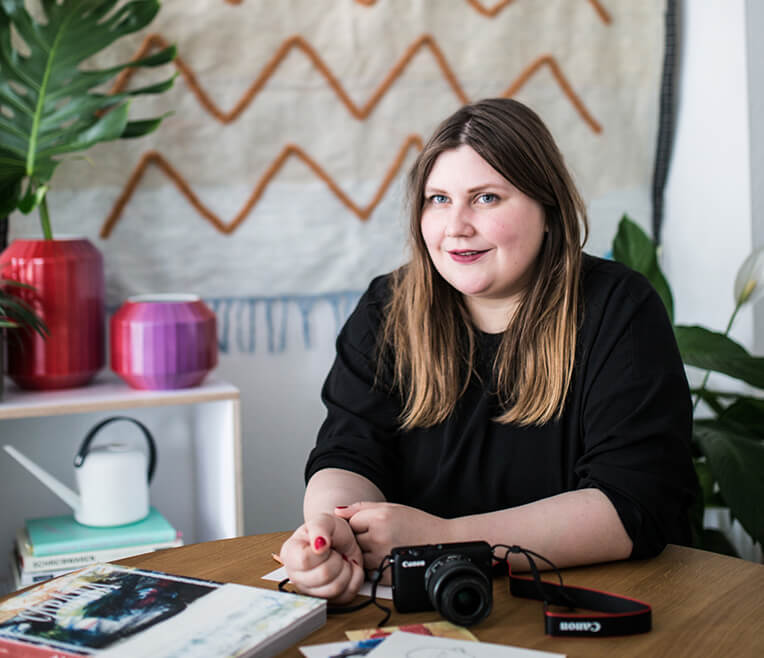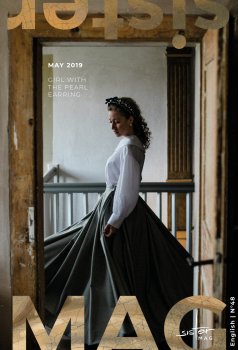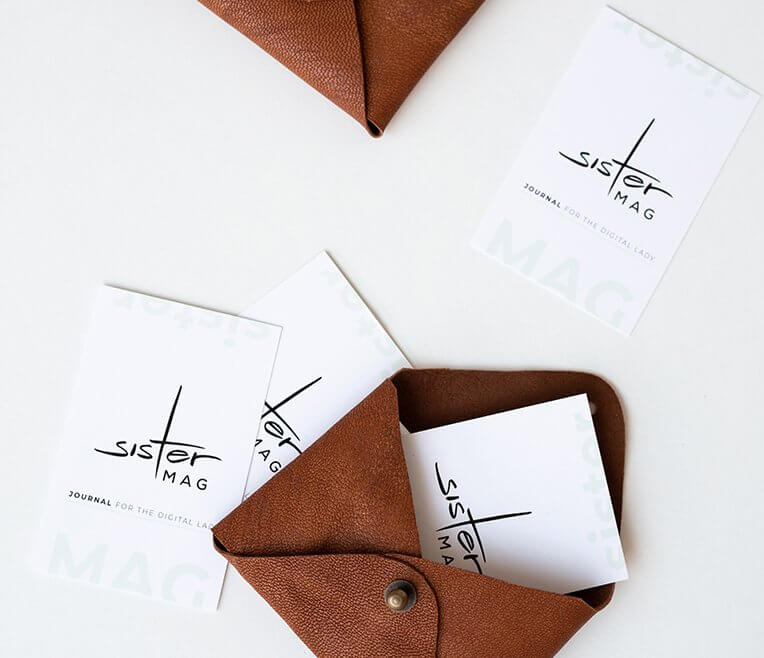
Start-up Spotlight: Location Technology with what3words
The series »Start-up Spotlight« by sisterMAG features interesting start-ups and their ideas. This time, we’d like to introduce you to what3words and their location technology. Learn more about the tool and the idea behind the company in the new issue.
Start-up Spotlight: what3words
- Industry: Location technologie
- Heaadquarter: London
- Founders: Chris Sheldrick, Jack Waley-Cohen, Mohan Ganesalingam
Explain in your own words the idea of your company / product? What are you doing?
what3words is the simplest way to talk about location. We have divided the world into 3m x 3m squares, each with a unique 3 word address. For example, the front door to our office can be found at ///filled.count.soap. Now, people can refer to any precise location – a delivery entrance, a picnic spot or a drone landing point – using three simple words. what3words is across four key industries: automobility, travel, logistics and humanitarian. But it is also used by individuals all around the world to discover, save and share places.
Our partners include Mercedes-Benz, who launched the world’s first car with built-in what3words voice navigation. Mercedes-Benz, Ford and TomTom drivers can now navigate anywhere in the world by saying three words to their car. Global logistics giant DB Schenker has integrated what3words to optimise its last mile operations. Meanwhile, Domino’s Pizza is delivering food hotter and faster to 3 word addresses around the world, whilst travellers are navigating with ease with the help of Lonely Planet’s and Airbnb hosts’ 3 word address listings. And numerous humanitarian partners are using the technology to help people in need: The United Nations has adopted the technology for disaster response and relief, in addition to a selection of British Emergency Services.
What was the inspiration for your idea?
Co-founder and CEO, Chris Sheldrick, worked in the music industry – organising live music events around the world. When bands and equipment constantly got lost trying to find venues and festival locations, it became clear that addressing just wasn’t good enough – and the problem was universal. He tried giving out GPS coordinates, but they were hard for people to input into their car or device, and near impossible to communicate correctly over the phone. Mistakes were easy to make and hard to pick up on until it was too late. He sat down with a friend to see if we could find a solution that was as accurate as coordinates – but concise and memorable too. Together they devised a way to turn accurate GPS coordinates into user-friendly word combinations, and the first what3words algorithm was born.
How does finding a place of interest with what3words work?
what3words is available for free on both iOS and Android app stores, and also online at map.what3words.com. To find your current location, or a place of interest near you, tap on the ‘current location’ button and move the map to find the exact location you want to share. The 3 word address will appear at the bottom of the screen, which you can share via your favourite messaging service or navigate to using any of our navigation partners. To find the 3 word address of another location, enter the traditional street address and then move the map to tweak the 3 word address. Switching what3words to satellite mode can make this easier too.
What is the difference between the what3words system and other navigation systems? What is the advantage of what3words?
what3words is an addressing system, as opposed to a mapping or navigation system. We provide a simple and highly accurate way to communicate location, which can, in turn, be inputted into navigation systems – be them navigation apps, or in-car systems, like Ford’s or Mercedes-Benz’ MBUX.
How do you finance your company? How do you earn money?
what3words is free and will always be free for individuals to use. We also have a humanitarian programme that allows qualifying NGOs to loan out technology for free or a nominal fee. For business use, we sell licences for our products including our API and SDKs.
How do you market what3words?
what3words’ marketing strategy involves working closely with our partners to maximise the noise around the integration. Partners who integrate what3words work with our in-house team to receive bespoke marketing tool kits, assets and access to the full marketing team to ensure the new partnership is a success.
It’s key within our marketing to highlight the problems that poor addressing causes, whilst highlighting clear and tangible use-cases for what3words.
Aside from partner marketing, over the past year, we’ve seen a huge rise in brands using what3words within popular culture. Our technology has been woven into plotlines, including an episode of NCIS Los Angeles, and was used for filming on Ready Player One. We’ve addressed several music festivals, and have been used by big name bands like Imagine Dragons and Mumford & Sons to better engage with their fans with creative, location-based competitions.
What is your vision for what3words?
Our long-term goal is to be a global addressing standard, so everyone in the world – in cities, on remote islands or even ger tents on the Mongolian plains – has a simple and reliable address they can use whenever they need it. We want deliveries and services worldwide to use 3 word addresses to become more efficient. We want people to use 3 word addresses in e-commerce platforms, food-delivery apps and to list them where what3words can be a standard for locating people in disaster situations, saving lives and making better use of aid resources.
What did the founders do before what3words?
Chris worked in the music business for 10 years, booking bands and managing production for events around the globe.
Jack led the operations of translation company Lingo24 for eight years. During that time, he led its growth from five home-workers to 150+ staff on four continents. At the same time, his passion for quizzes led to him founding QuizQuizQuiz, the UK’s largest quiz event business.
Mohan did a PhD at the University of Cambridge on “The Language of Mathematics”, winning the Europe-wide E. W. Beth Prize for outstanding dissertations in the fields of Logic, Language, and Information. On the basis of this work, he was selected as a Research Fellow at Trinity, where he spent six years studying language and cognition.
How many people work for what3words in 2019?
112 spread across five offices.






